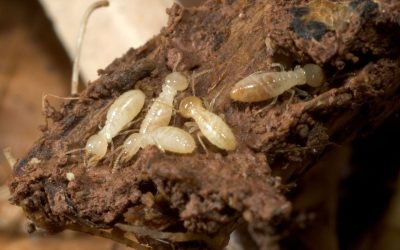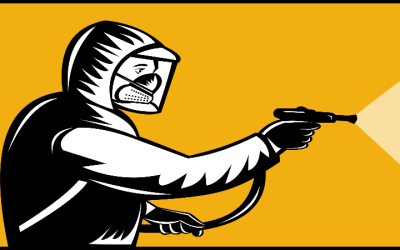Biological methods of mosquito control have been generating a lot of buzz lately. Instead of using fumigation and other insecticides, biological methods of mosquito control instead rely on the natural enemies of the mosquito to get the job done. In New Jersey, companies like Viking are at the forefront of employing biological mosquito control methods whenever possible.
Contrary to popular belief, not all biological methods of mosquito control involve the use of invasive species. The use of biological methods to control local mosquito populations should never entail introducing a non-native plant or animal to the ecosystem. The repercussions of having an invasive species in New Jersey are in many cases worse than the original mosquito problem. This is why companies like Viking are dedicated to sustainable and sensible biological methods of mosquito control.
New Jersey has a diverse ecosystem, depending on where you live in the state. Generally, New Jersey does have indigenous and endemic species of birds, fish and crustaceans that feed on mosquito larvae. Biological methods of mosquito control entail capitalizing on the strengths of nature, breeding the mosquito predators and distributing them to areas of greatest concern. Certain species of fish, for example, can be bred and stocked into man-made lakes. This way, the introduction of the species does not interfere with the local ecosystem of a natural body of water.
Because they are relatively expensive and difficult to plan, biological methods of mosquito control are generally not used for single properties like private homes, but they can be used in small communities, particularly those located near wildlife areas of with man made lakes and ponds. Whenever biological mosquito control methods are possible, Viking will offer city councils, homeowners associations, or business associations advice about the best methods and options for how to proceed. In most cases, residents, employees, and customers prefer knowing that mosquito populations are being controlled naturally and without overreliance on harmful chemicals.



